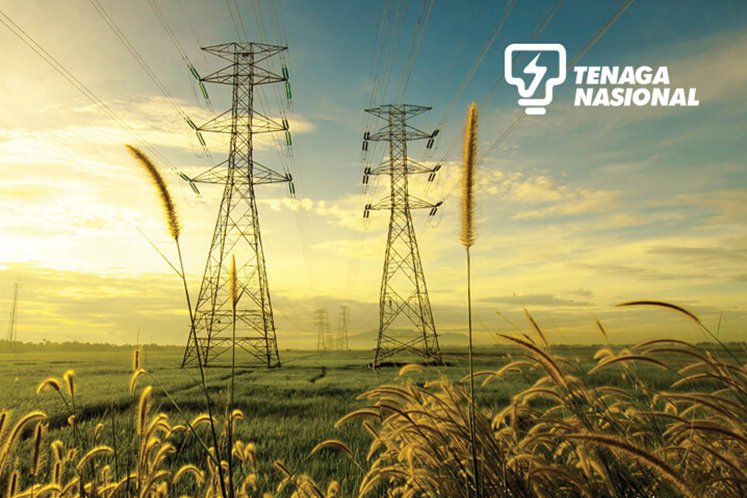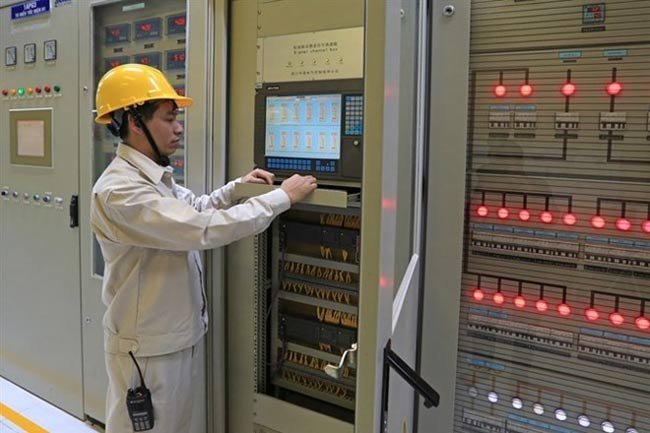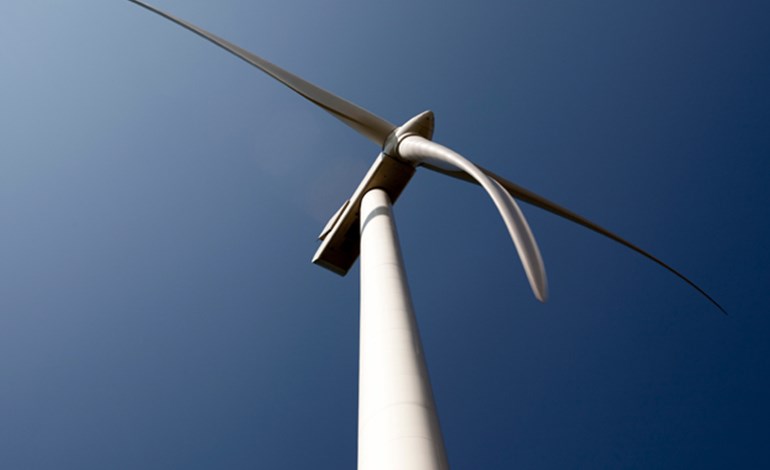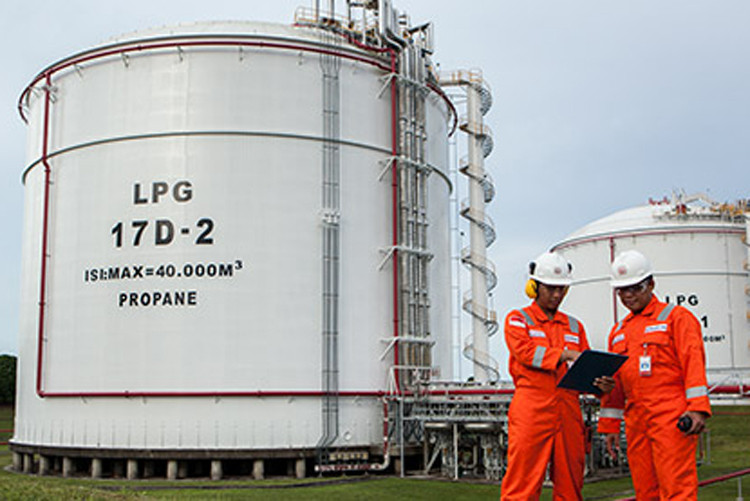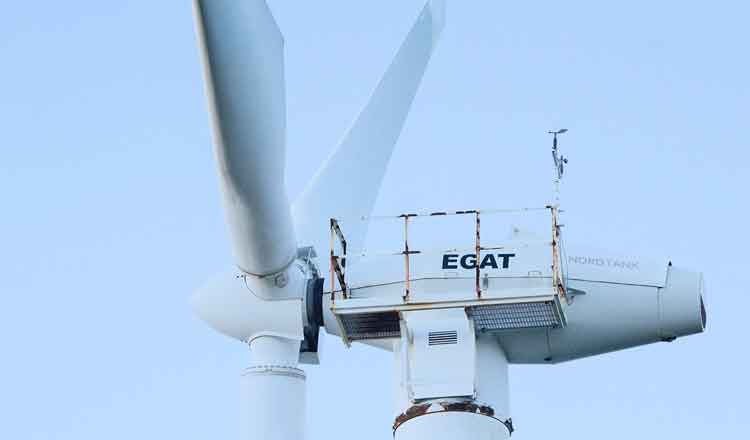State-owned coal mining firm PT Bukit Asam plans to diversify its business by establishing a joint venture with state-owned diversified miner PT Aneka Tambang (Antam) to build steam and diesel power plants in East Halmahera, North Maluku.
Bukit Asam president director Arviyan Arifin told a press briefing in Jakarta on Monday that his company would hold a 75 percent stake in the venture and Antam the other 25 percent.
The joint venture would invest US$350 million for the development of a steam power plant with a generation capacity of 3×60 megawatts and a diesel-fueled plant with a capacity of 3×17 MW, both for the supply of electricity to Antam’s ferronickel factory in East Halmahera, he said.
The plants are estimated to consume 650,000 tons of coal per year, supplied by Bukit Asam.
“We are conducting feasibility studies at the moment. We expect the power plants to begin operations by 2023,” Arviyan said.
Bukit Asam, which started its business with the Air Laya mine in Tanjung Enim, South Sumatra, in 1919, has diversified its business into coal briquette manufacturing, coal railway transportation, electricity generation and methane production.
It is also entering the downstream industry this year by developing coal gasification projects.
“We have been mining and selling coal for the past 100 years. We expect to start a new era for the next 100 years by processing coal into value-added products,” Arviyan said.
He said his company had inked an agreement with state-owned energy holding company Pertamina and American corporation Air Products to build a plant in Peranap regency, Riau Islands, where the companies would convert coal into dimethyl ether (DME), a substitute of liquefied petroleum gas (LPG), to cut down LPG imports.
Bukit Asam has also secured another coal gasification project with state-owned fertilizer producer Pupuk Indonesia, chemical manufacturer Chandra Asri Petrochemical and state-owned energy holding company Pertamina to build a plant in Tanjung Enim, where the companies will convert coal into urea, polypropylene and DME.
“We are still involved in discussions on the planned investments for the two projects,” Arviyan said. “The Peranap project will possibly need $2.7 billion and the Tanjung Enim project $3.1 billion.”
He added that his company was currently in talks with its project partners regarding the shareholdings.
Bukit Asam booked Rp 5.02 trillion ($351 million) in net profit last year, a 12.23 percent rise from Rp 4.47 trillion in 2017. The company attributed the growth to its increased coal exports and improved efficiency.
It exported coal worth Rp 2.44 trillion last year, contributing 41 percent to its total coal sales.
Total coal sales increased 5 percent year-on-year to 24.7 million tons in 2018 from 23.6 million tons in 2017, in spite of some obstacles in its domestic and export markets.
Arviyan conceded that amid unstable global prices of coal, the domestic coal price set by the government at $70 per ton, lower than international market prices, posed a challenge for the company.
However, Bukit Asam commerce director Adib Ubaidillah said the company would consider adjusting the volume of its domestic sales and exports depending on the development of global prices.
“We will principally allocate 50 percent of our sales for the domestic market and the other 50 percent for exports this year. However, we will spare 20 percent either for domestic sales or exports, depending on price developments,” he said.
The company is also facing obstacles following China’s ongoing coal import quota policy, he said, as China had been the company’s biggest market, along with India.
However, the company was upbeat it could export 14.1 million tons of coal this year by penetrating new markets, such as Hong Kong, Laos, the Philippines, Sri Lanka and Vietnam, Arviyan said.
The company produced 26.4 million tons of coal last year, up 7 percent from 24.5 million tons in 2017. It is targeting to increase its production to 27.26 million tons this year.
Arviyan said his company had allocated Rp 6.47 trillion for investment this year, of which Rp 5.34 trillion would go to business development, including logistics improvement, while the remainder was earmarked for routine investment. (ars)


